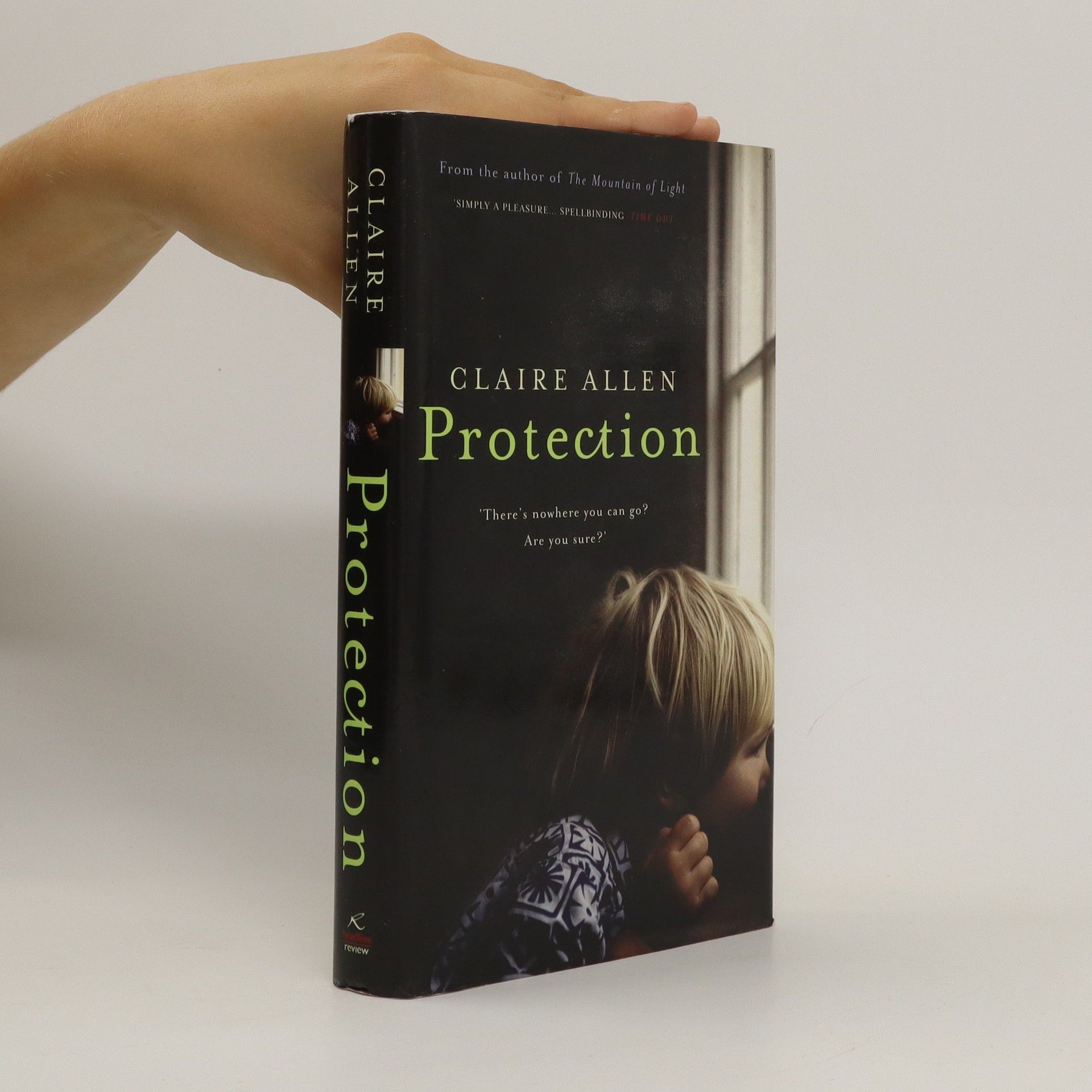It is 1941. Hope's father, Jenner, builds Liverpool Cathedral while the Luftwaffe's bombs fall. It is 2014, and Hope cares for her husband Robert as Alzheimer's destroys his personality.Hope's husband Robert is a retired civic sculptor. As Alzheimer's unravels his mind, a secret he has kept for her threatens to emerge, breaking the fragile peace she has made with her parents’ memory: the truth of what happened to her mother during the Liverpool Blitz. Hope brings in Louise to be home-carer. A young mother, the last resident of the Blackbird Estate, harassed by her ex-partner. But now they are together, can they find a way the past can't hurt them? Allen tells the overlooked story of the Liverpool Blitz, but resists its glorification with the sights, sounds and smells that surround the desperate citizens.HFP have teamed up with G.F Smith, paper merchant to Virginia Woolf's Hogarth Press, to celebrate small presses. All editions of the book will be covered with Gmund Urban, which uses "genuine pulverized cement" to recreate concrete's subtle texture and sparkle. The Römerturm paper mill has created "tradition and dynamic modernism in one material." Especially apt for a book that is set in a post-war housing estate: The Blackbird. It is a sculptural material, perfect for HFP's hand-bindery.
Claire Allen Boeken



Protection
- 276bladzijden
- 10 uur lezen
"Fleeing London is the only thing on Marina's mind when she and her toddler son, Oscar, board a train heading north. Homeless and desperate to keep her son out of care, it takes her the briefest of moments to decide to seize the chance of a new start, though that choice must send her far away from everything she knows." --DUST JACKET.
Focusing on the evolution of London fiction at the millennium, this analysis examines how selected novels represent a shift towards "second-wave" or "post-postmodern" literature. It highlights authors' engagement with mainstream and classical genres, moving away from avant-garde styles, while emphasizing the importance of cultural capital in amplifying marginalized voices. Key works by notable authors like Martin Amis, Bernardine Evaristo, and Zadie Smith are discussed to reflect on the trajectory of contemporary British fiction and its thematic depth beyond postmodernism.